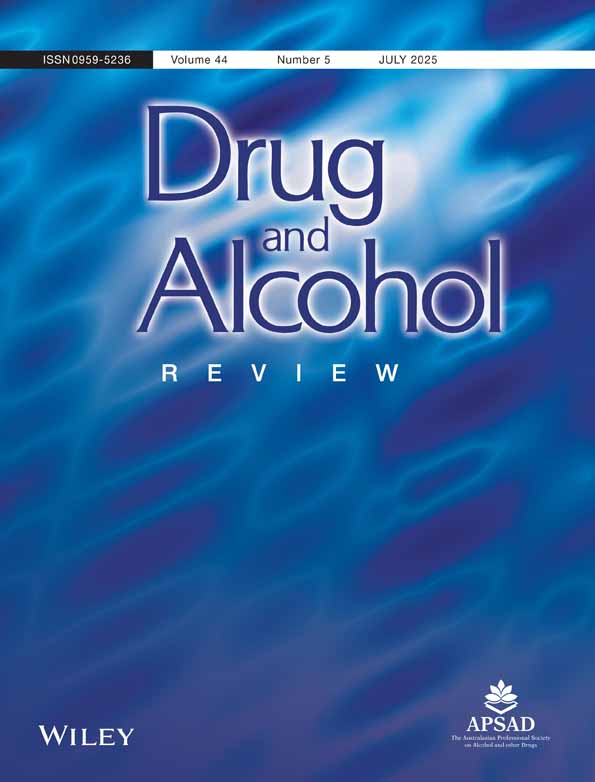Low detection rates, negative attitudes and the failure to meet the “Health of the Nation” alcohol targets: findings from a national survey of GPs in England and Wales
Abstract
The appropriateness of the primary care setting to undertake the health promotional activities needed to meet ‘Health of the Nation’ alcohol targets has been acknowledged in UK government policy and the scientific literature. However, the latest data suggest these targets are not being met. A 20% random sample of all general practitioners in England and Wales were surveyed by postal questionnaire to examine their work in detecting alcohol misuse and their attitudes towards the work. Four mailing waves produced a 44% response rate. GPs had identified a mean of 3.2 patients per month drinking above recommended ‘sensible’ guidelines. These patients were mostly male (73%) and above 40 years of age (45%), with nearly half (45%) already dependent drinkers. Most GPs perceived alcohol misuse patients as a difficult group with whom to work. None the less, over half the respondents believed general practice was an appropriate setting for the detection of the problem. However, most did not feel trained or supported in this area of their work. More emphasis needs to be placed on the valuable contribution GPs can make with the larger number of patients who are drinking regularly above ‘sensible’ levels but not yet suffering adverse affects. Our findings point towards not an unwilling profession, but a profession lacking confidence. The provision of support and basic training are major factors in how GPs perceive alcohol misusers and their own role in this work. Twenty years after the Maudsley Alcohol Pilot Project research it is disappointing that, despite greater recognition by GPs of their potential impact, lack of training and lack of support are still so central to their continued low levels of therapeutic commitment.




